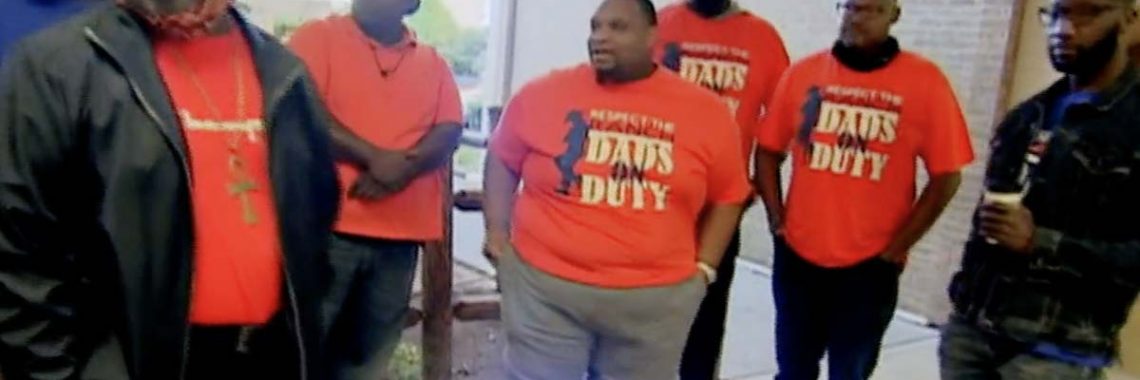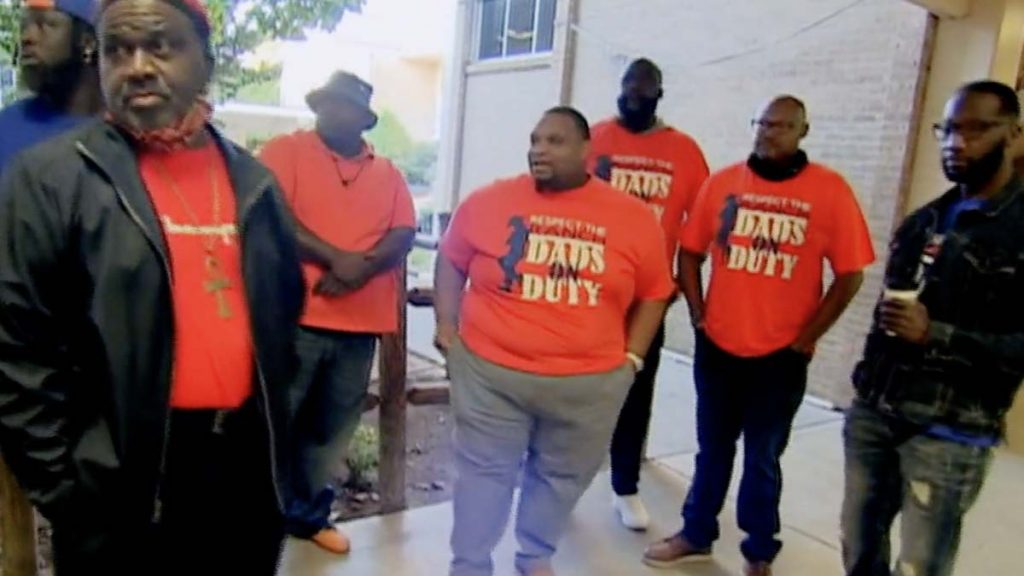White County Quorum Court Quietly Passes Resolution Declaring County is Pro-Life

Over the weekend Family Council learned that the White County Quorum Court recently passed a resolution declaring the county is Pro-Life.
County officials passed the resolution in September, but it received relatively little news media attention at the time.
This year Arkansas enacted Act 392 of 2021 by Rep. Kendon Underwood (R – Cave Springs) and Sen. Gary Stubblefield (R – Branch). This excellent law affirms that cities, towns, and counties in Arkansas can designate themselves as Pro-Life.
The U.S. Supreme Court has ruled that municipalities can adopt pro-life policy positions. That means any city, town, or county can pass a pro-life resolution like White County’s.
This year Arkansas has added several Pro-Life Communities — including Washington, Benton, Crawford, Cleburne, Pope, Jackson, Saline, Faulkner, Perry, Sebastian and Lee counties.
The City of Mariana, the City of Russellville, and the City of Springdale have passed resolutions affirming that they are Pro-Life as well.
We know from public opinion polling that the vast majority of Arkansans believe abortion ought to be either completely illegal or legal only under certain circumstances. With that in mind, it makes sense that communities in Arkansas would vote to affirm that they are Pro-Life.
We look forward to future communities passing their own resolutions declaring that they are Pro-Life — just like White County and these other municipalities have done.
If you would like to learn more about how you can pass a pro-life resolution in your community, give us a call at (501) 375-7000 or click here.





